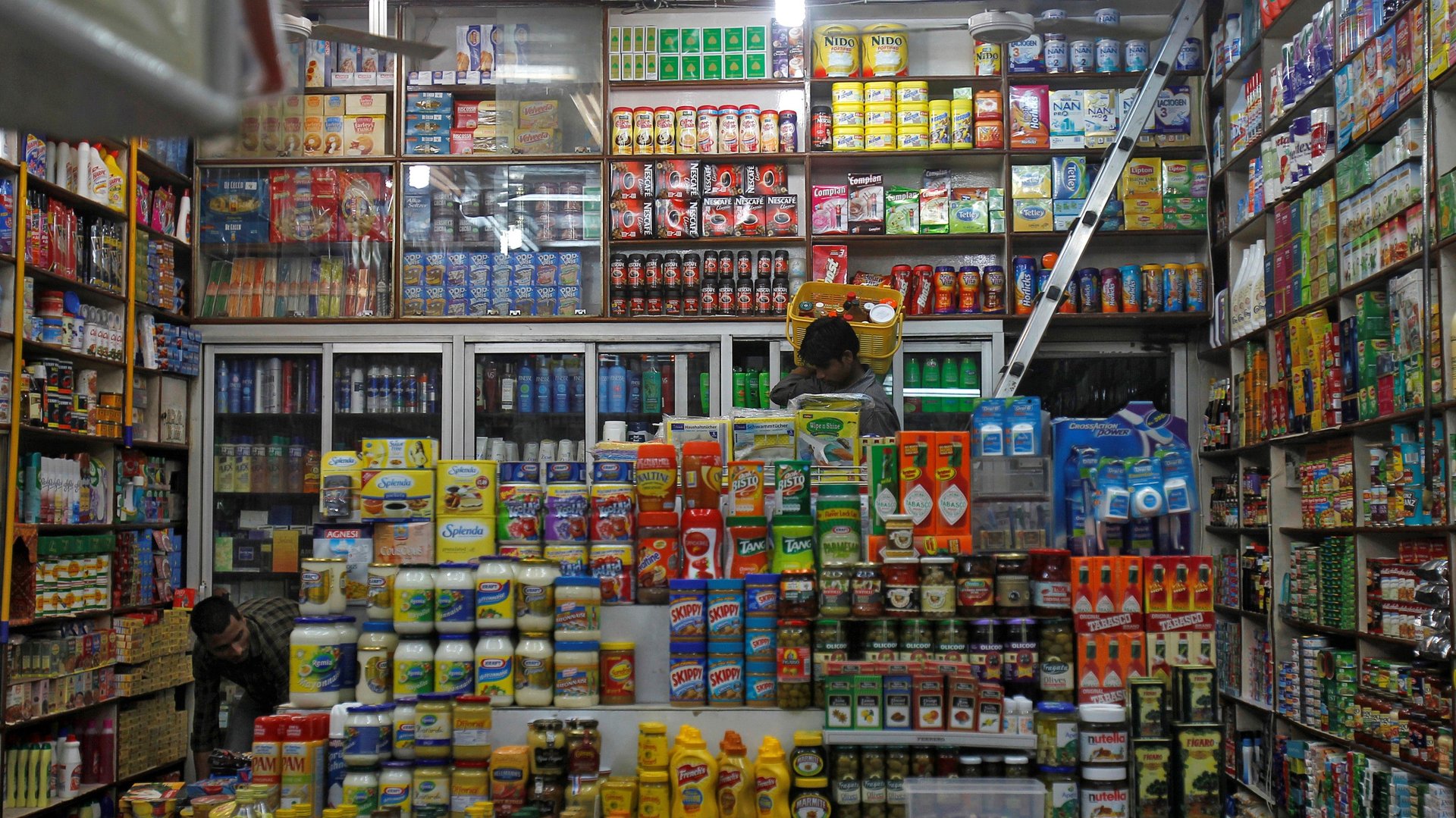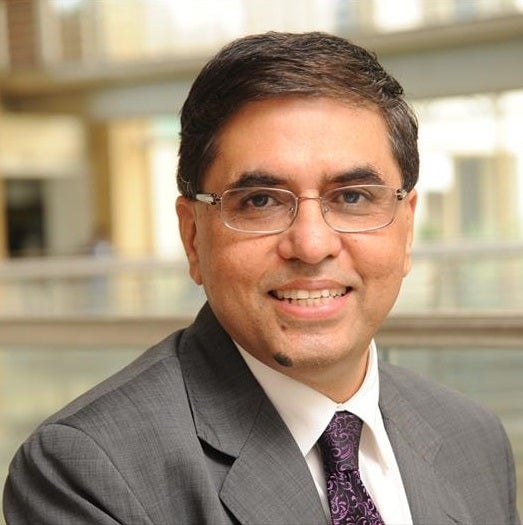India’s largest consumer goods maker believes it can help the country fight Covid-19
India’s leading consumer goods maker, Hindustan Unilever (HUL), believes better industry-government collaboration can help in the country’s fight against Covid-19.


India’s leading consumer goods maker, Hindustan Unilever (HUL), believes better industry-government collaboration can help in the country’s fight against Covid-19.
“To tackle the (coronavirus) crisis, it is imperative to push for collaboration between corporates, that have the ability to execute things at scale, and the government, which has the resources to reach out to a larger section of the society,” said Sanjiv Mehta, HUL’s chairman and managing director during a webinar hosted by IDFC Institute and Samhita Social Ventures, an NGO, on May 11.
Such tie-ups are already underway in the FMCG sector.
HUL, along with peers Dabur and Godrej Consumer Products, have partnered with the government for its “Suraksha (safe and secure)” programme. The plan is to adopt 100,000 kiranas (or mom-and-pop stores) across the country and sanitise them. The outlets will then be registered on the government’s contact tracing app Aarogya Setu, and customers can safely procure essentials from there during the ongoing lockdown.
The FMCG majors have also agreed to train retailers and distributors in hygiene and social distancing practices.
Another project “Prabhat” is supplementing the government’s efforts to provide food and health kits, comprising dry ration, soap, and sanitisers, to thousands of workers’ communities in and around HUL factories in Hosur (Tamil Nadu), Khamgaon, Nashik (Maharashtra), and Haridwar (in Uttarakhand).

“We have a hand on consumers’ pulse and follow their consumption behaviour,” said Mehta. The government can leverage this know-how to push the use of products including soaps, sanitisers, and nutritional food that can help fight Covid-19.
For instance, HUL can educate people in slum areas like Mumbai’s Dharavi—a hot spot where positive Covid-19 cases have touched 962—about the importance of eating nutritious food and following hygiene, suggested Mehta.
At the same time, FMCG firms are in dire need of policy support. The pandemic has disrupted their businesses big time.
Firms like HUL are facing labour shortages with migrants moving back to their native place amid the lockdown.
Against this backdrop, HUL has welcomed the decision to introduce 12-hour shift in factories. “There is an inherent benefit of 12-hour shift wherein instead of 100 workers, you could be working with two-third of the workers and reduce the risk of infection,” said Mehta. And this comes with enhanced social security, higher wages, and adequate rest for the workers.
Watch the full webinar here: